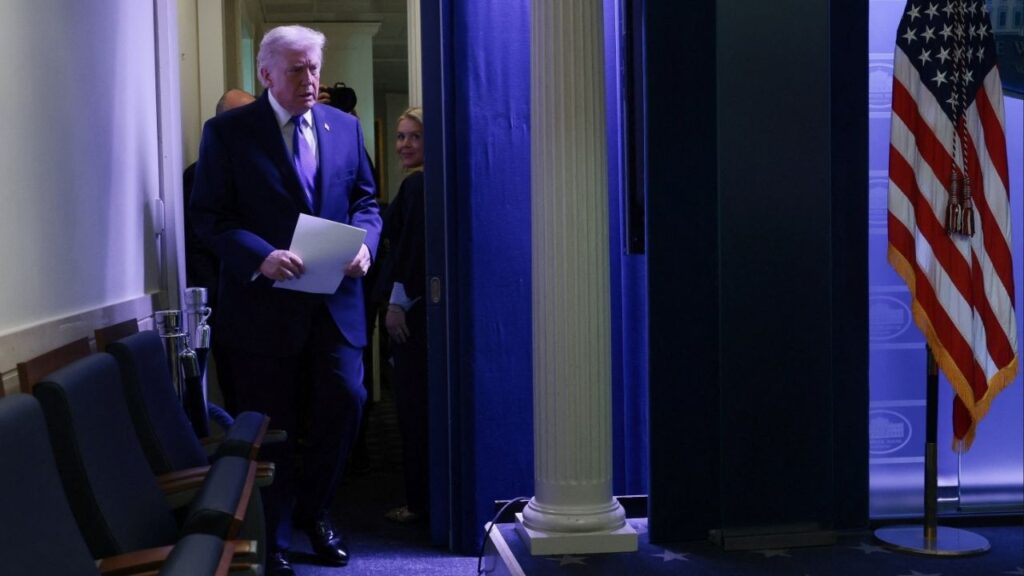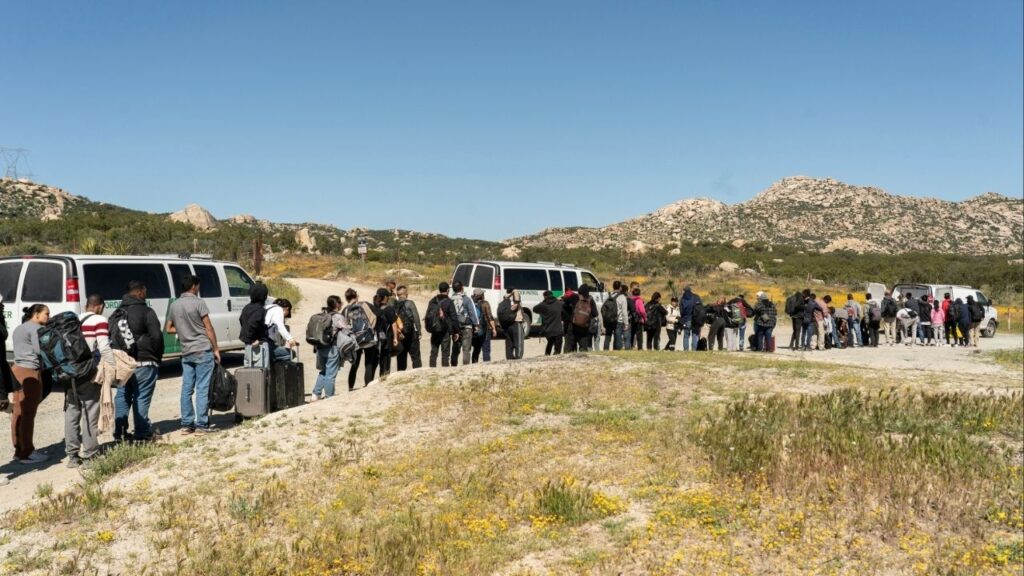Share
With new fast-tracked transparency rules for charter schools in California, Gov. Gavin Newsom has fulfilled a January pledge to bring “long overdue” accountability measures to this growing sector of public schools.

Ricardo Cano
Analysis
CALmatters
But the open meeting and disclosure law Newsom signed — after Gov. Jerry Brown vetoed similar bills twice in prior years — may turn out to be the least controversial part of the Capitol push for tighter charter school regulation.
Several bills, introduced as teachers strikes have amplified the issue, would impose far more consequential and politically loaded restrictions on the state’s 1,300-plus charters, publicly-funded schools that operate outside of the control of school districts and are mostly non-union.
Among them:
- A cap on charter schools at their current level.
- Strict limits on charter school locations and the appeal of charters denied by local school districts.
- New rules that would let districts deny a charter based, at least in part, on the potential financial impact on traditional public schools.
Assembly Bills 1505, 1506, 1507 and 1508 would curb the growth of California’s charter schools, which educate about 10 percent of the state’s 6.2 million public-school students. Legislators pushing the proposals say they are long-needed revisions to laws that have gone mostly unchanged for decades.
But unlike Senate Bill 126, which Newsom signed, and on which most charter advocates were neutral, the forthcoming proposals can expect vigorous and organized pushback.
Newsom Was Noncommittal About Upcoming Charter Proposals
“These are the policy equivalent of an extended middle finger,” said Eric Premack, executive director and founder of the Sacramento-based Charter Schools Development Center. “This is not the type of legislation that is designed to engender constructive discussion.”
Unions were equally adamant.
“It’s been a long time coming,” Alex Caputo-Pearl, president of United Teachers Los Angeles, said of the proposed bills, which he called “common-sense regulations.”
“The massive community support that was seen in both the L.A. and Oakland teachers’ strikes showed that parents and communities and the public are willing to fight for the sustainability of public schools,” Caputo-Pearl said. He added that the charter cap bill sponsored by Assemblyman Kevin McCarty of Sacramento was the “most important” bill for the union.
Newsom was noncommittal about the upcoming charter proposals at a Tuesday ceremony for SB 126, which will make charter schools abide by the same conflict of interest and open meeting rules as traditional district schools.
But the governor also said that he was “exhausted” by the intense, polarizing debates surrounding the role of charter schools in California, grinding his knuckles together for emphasis. Newsom said he was “hopeful, but not naive” about the prospects for consensus, adding, “I want to make sure that I’m a conduit to a package that can be broadly supported.”
“The goal over the next few months is to work to address a number of these vexing issues that frankly need to be addressed,” Newsom told reporters. “It’s long overdue to have these conversations.”
Some Lawmakers Might Not Be Willing to Wait Until Summer
The governor emphasized that he’s already asked state Superintendent of Public Instruction Tony Thurmond to commission a report studying the financial impact of charter school growth on districts’ budgets.
But some lawmakers signaled they might not be willing to wait until summer, when Thurmond’s study is expected—a bucking of more moderate voices such as San Diego Assemblywoman Shirley Weber, who urged fellow Democrats to “take our time to make sure that the issues that are being raised have actually been taken through with some thought.”
Assemblyman Patrick O’Donnell, a Democrat from Long Beach and chair of the Assembly Education Committee, is part of the group of legislators pushing for further regulations on charters. O’Donnell said he would consider the Thurmond-led panel’s recommendations when they’re expected to come out July 1, but did not plan to wait for the report’s completion to advance the bills.
“I’m not going to kick the can down the road, which has been done so many times in Sacramento, and wait and hope that some committee that someone has put together comes up with wise recommendations. I’m going to act,” O’Donnell told CALmatters.
“This is the year where I’ve seen the largest push and the most fervor and a sense of urgency (to address this issue),” O’Donnell said.
Assemblyman Kevin Kiley of Rocklin, the education committee vice chair and its sole Republican legislator, said the proposed bills are “all very bad ideas – each and every one.”
“This is just fundamentally an issue of educational equity,” Kiley said, “and I think the debate over these bills is going to be a chance to see who in the Legislature cares about providing every child in California access to a great education and who has other priorities.”
High-Profile Teacher Strikes, Both Nationally and in California
The new political landscape follows a long period during which California’s powerful teachers unions and charter school movement often fought to a draw in Sacramento as charter enrollment exploded. In moderate Democrats, Republicans and Brown, who started two charter schools when he was mayor of Oakland, the charter movement often found an ally; teachers unions, meanwhile, have largely counted on the support of progressive Democrats.
The 2018 elections, however, upended part of that political calculus. Unions and billionaire school reform advocates pumped tens of millions of dollars into the primary and general election campaigns, with Newsom and Thurmond—labor-backed candidates—emerging as the victors.
High-profile teacher strikes, both nationally and in California, further underscored the charter growth question, which charter advocates have presented as an antidote to low-performing public schools in low-income areas, and unions have framed as a drain on funding and resources for traditional public schools.
John Rogers, professor of education at UCLA, said the 2018 election “sent a signal to Democratic legislators that there is a change afoot in the way the broader public, in particular Democratic voters are thinking about charters.”
“I think that probably trumps a certain reckoning on the part of some legislators who haven’t wanted to step in because the Democratic legislators have felt like if they take action to try to rationalize this (charter school) system, they will get pushed back and pay some cost relative to the charter lobby.”
High Growth Among Charters
Both of the deals that resolved the strikes in Los Angeles and Oakland included symbolic resolutions from local school boards that called on the state to enact a moratorium on charter school growth while its impact on districts’ budgets is studied.
Soon after the Los Angeles Unified school board passed its resolution, Newsom asked Thurmond to lead a panel, despite concerns among charter advocates that the strike rhetoric unfairly scapegoated charters. The L.A. and Oakland districts have both experienced high growth among charters, though their financial turmoil stems from numerous factors, including rising employee pension and health care costs and declining enrollment unrelated to charter schools.
Myrna Castrejón, president and CEO of the California Charter Schools Association, joined Newsom in his bill-signing ceremony Tuesday. Though the association took a neutral stance on SB 126, Castrejón called the legislation “a balanced and comprehensive resolution” and touted Newsom’s leadership.
Castrejón said the proposed charter regulation bills soon to be debated were “terrible policy,” but expressed hope that Newsom could guide those conversations toward consensus.
“With the leadership of our new governor and partners willing to come to the table and have serious conversations and solve serious problems, we’re hopeful that that spirit can carry us through to a better conversation about this package of bills that in the end would damage California’s students,” Castrejón said.
CALmatters.org is a nonprofit, nonpartisan media venture explaining California policies and politics.
Categories

Uber Eats Down for Thousands, Downdetector Shows

Fresno Police Arrest Three After Patrol Vehicle Vandalized

















